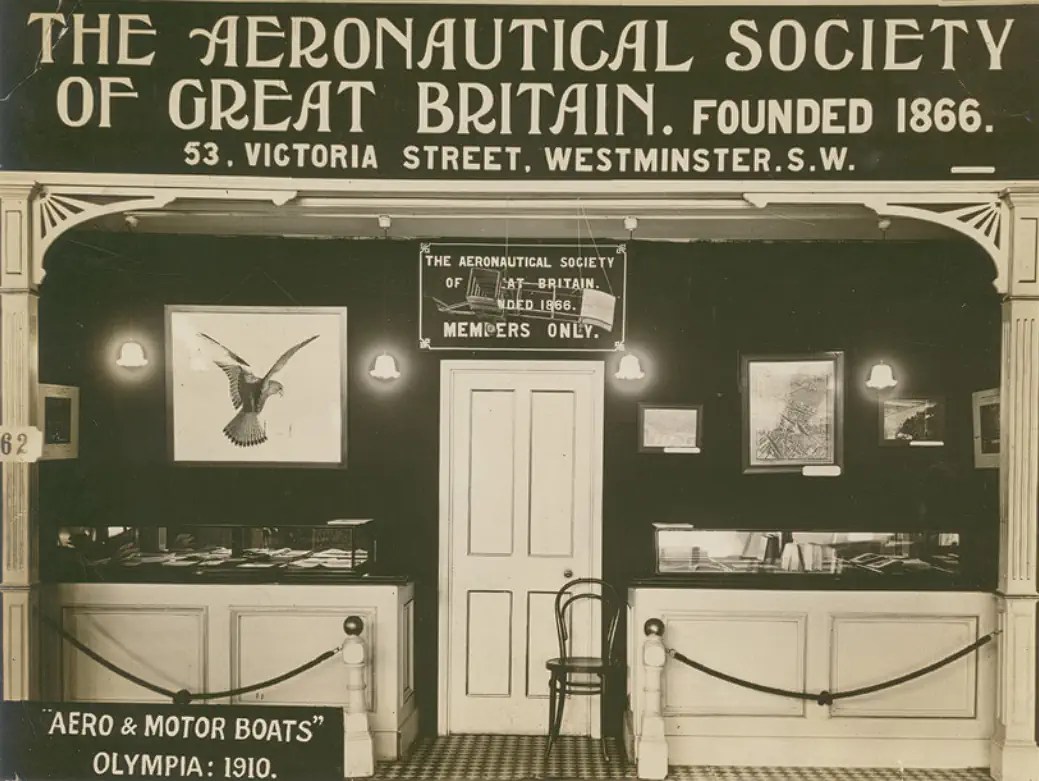The Royal Aeronautical Society have published three briefing papers which cover Air Traffic Control Staffing in the UK, GNSS Services supporting the UK and ATM/ASM Contribution to Net Zero and Climate Change Issues.
The papers published by the Air Traffic Management Specialist Group aim to raise awareness of issues that are facing the UK aviation industry following our departure from EASA and in light of increased levels of air traffic post Covid. These areas need to be addressed to ensure the UK aviation industry meets the demands of future air travel, and develops the UK airspace structure towards a more sustainable and integrated airspace.
The ‘Air Traffic Control Staffing’ paper highlights that it is not currently possible for ATCO trained outside the UK, or UK military licensed ATCOs, to work in the UK without completing the entire basic training, regardless of previous experience. The paper recommends a challenge to current thinking for ‘on the job’ processes and to emphasise the benefits from the increased use of simulation in the ATCO training process.
The ‘GNSS services supporting the UK’ paper discusses issues for the UK civil aviation industry in which the UK, pre-EU Exit, had a strategic roadmap for GNSS based on ICAO developments and supported through our membership of both the EU Galileo and EGNOS space programmes. This included the successful rollout of stabilised 3-Dimensional instrument approaches down to CAT I minima at 18 aerodromes in the UK. The EU Exit has removed this capability.
The final paper ‘ATM/ASM Contribution to Net Zero and Climate Change Issues’ highlights the need for the government to set clear priorities for action that place environmental improvements in the ATM/ASM arena. The paper recommends that all ATM changes must demonstrate measurable improvements in terms of 3-D performance (climb /descent profiles) or track miles flown or, at least, no net increase in terms of CO2 (or equivalent) emissions.
In addition, consideration should be given to appropriate standards and recommended practices for contrail management and practical testing. More information can be found here: https://www.aerosociety.com/media/20657/contrails-and-contrail-management-briefing-paper.pdf.
Effective international collaboration will be required to deliver all these changes at both the regional and global level. The Society aims to promote the need for these changes to support the future development of UK aviation, aerospace and space.
The three papers can be found at the links below:
https://www.aerosociety.com/media/23422/raes-atmsg-air-traffic-control-staffing-in-the-uk-briefing-paper.pdf
https://www.aerosociety.com/media/23424/raes-atmsg-gnss-services-supporting-civil-aviation-in-the-uk-briefing-paper.pdf
https://www.aerosociety.com/media/23423/raes-atmsg-atsmg-contribution-to-net-zero-climate-change-issues-briefing-paper.pdf
RAeS Chief Executive David Edwards said: “These Royal Aeronautical Society papers highlight the challenges that Covid and the UK’s exit from EASA has had on our industry, specifically in ATM and Airspace. These papers aim to educate and promote that the industry must look to address the concerns of our specialists to ensure we have an aviation industry which is fit for purpose, sustainable and safe. It is of paramount importance that we allow the UK to prosper post EASA membership in aviation, aerospace and space industries.
The Society has promoted its key paper on Contrail Management, published in 2023, which is a critical area of focus in reaching industry Net Zero targets by 2050. However, there is no one solution to making aviation sustainable. Airspace modernisation including ATM/ASM is crucially important in enabling the aviation industry to thrive in a sustainable way.”

